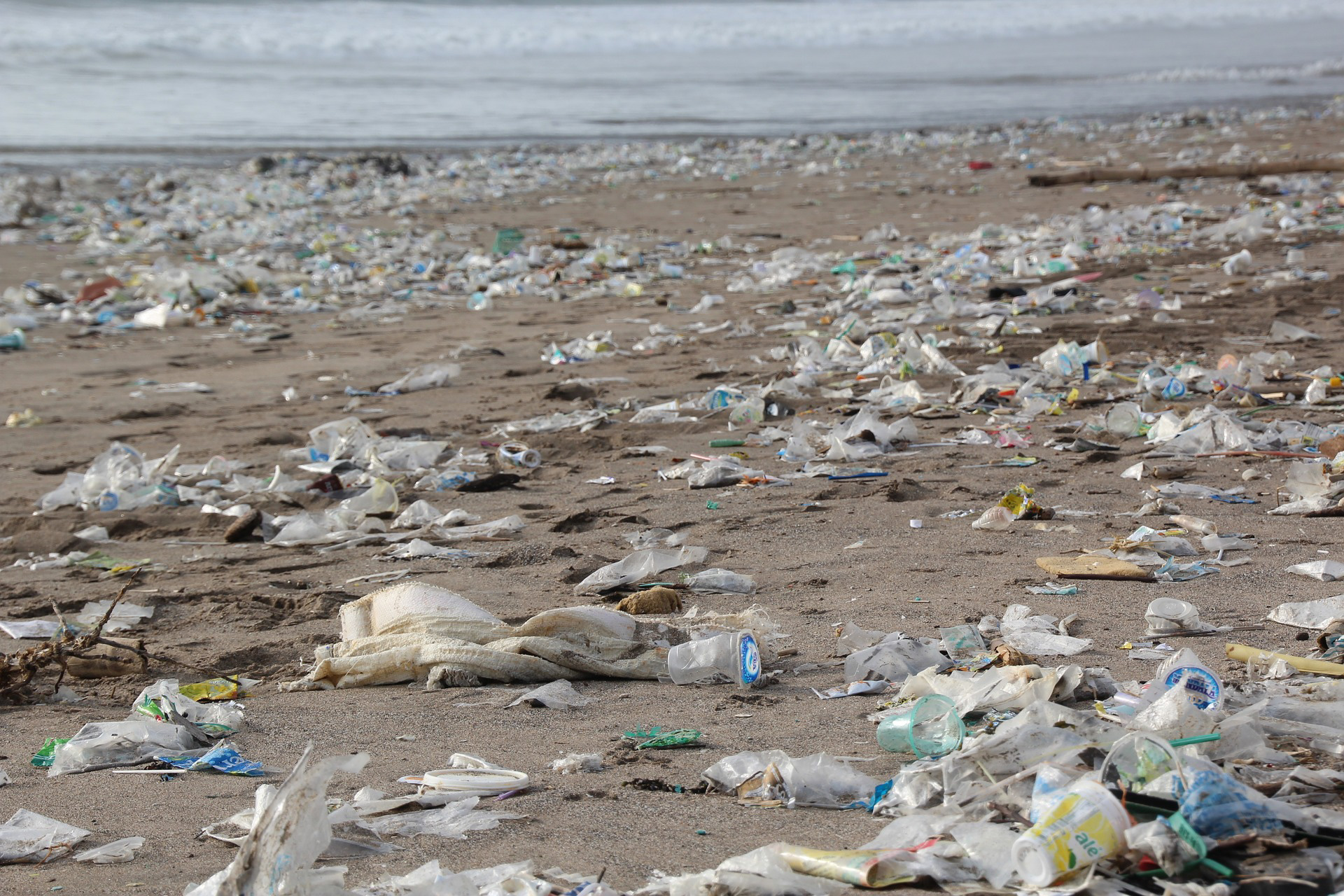By Lars Thøger Christensen
Governments are increasingly being sued by citizens and NGOs for not living up to their sustainability ambitions.
Recently, for example, three German farmers along with Greenpeace arraigned Chancellor Angela Merkel’s government for failing to achieve its ambition to reduce Germany’s CO2 emission by 40 percent in 2020, as measured from 1990. Already last year, the government acknowledged that it would not be able to meet its goal. It expects to achieve a 32 percent reduction. The consequences for the farmers, the complainants argue, are dire in terms of long periods of drought and other extreme weather conditions that threaten to destroy their livelihood.
In other parts of the world – including USA, Peru, Colombia and Fiji – similar cases and complaints are arising. It is difficult not to sympathize with these complaints and their underlying concern for our shared planet.
>>It was therefore remarkable that the administrative court in Berlin rejected what was the first climate complaint against the German government.<<
The complainants, the court argued, have no basis for demanding a specific set of actions from the government whose climate protection program 2020 was described as a “political aspiration”. According to German media, the judge said that society needs to respect the executive power’s discretion and room for maneuvering. Understandably, this ruling has spawned lots of criticism.
Governments are currently not legally required to live up to their sustainability aspirations.
This case calls on us to discuss what it takes to make sure that sustainability aspirations are actually being fulfilled by governments as well as by corporations. First, however, we need to consider whether a different decision by the German court – a decision that backed the claims by the farmers and Greenpeace – would have ensured a faster and more certain goal fulfillment. In a short-term perspective, that is quite likely. Although such ruling probably would have been appealed, it would at the same time have applied immense pressure on the government to launch more intense climate initiatives here and now. The more wide-ranging effects of such ruling, however, might not have been in the interest of the sustainability agenda.
What happens if governments and corporations are legally forced to walk their talk?
Without exonerating empty sustainability talk and lack of sufficient climate initiatives, it is important to acknowledge that governmental and corporate aspirations serve multiple functions in changing and improving existing practices. While sustainability aspirations may be used to impress and seduce voters and consumers, something that is often the case, they are simultaneously likely to shape expectations and mobilize stakeholders to apply pressure for action.
Here, the level of optimal pressure is crucial. If governments and corporations know that unfulfilled promises and aspirations will be met with damaging court cases that support their complainants, they will be less likely to announce ambitious goals, and more inclined to articulate ideals that they already, or almost already, live up to. In such cases, changes may happen slower than society may desire.
>>Conversely, lack of stakeholder pressure is likely to result in “aspirational inflation” or overbidding, thereby reducing the performative power of aspirational talk to instigate changes.<<
Under which conditions should we expect governments and corporations to live up to their own aspirations?
Obviously, the aspirations in question need to engage with salient social, political or environmental issues in order to attract external attention and interest. Most sustainability aspirations are likely to fulfill that criterion.
At the same time, aspirations need to be bold and challenging in order to mobilize conflicting opinions and critical comments.
Without visionary idea(l)s and without critical attention and interest from stakeholders, aspirations are likely to be soon forgotten or perhaps ignored. Lofty organizational aspirations define a collective horizon of excellence that empowers stakeholders – internal as well as external – to expect and demand better practices. To ensure that the aspirations are taken seriously by all parties, they simultaneously need to be announced in public media of high status. Public announcement communicates the formal status of the ambitions to external audiences but simultaneously signals their authority and truth-value to organizational members. Hereby, they have the potential to stimulate both internal and external involvement and activism. Without such conditions, the German climate protection program 2020 might not even have reached 32 percent of CO2 reduction.
Aspirations need to be visionary, bold and public to mobilize pressure for action.
Obviously, the emphasis on consistency between words and action is important in forcing organizations to take their own words seriously. At the same time, such emphasis might breed a growing fear of criticism – a fear that can lead organizations to restrain their announcement of ambitions in the hope of escaping public attention and scrutiny. This risk is important to keep in mind when deciding how to apply pressure on governments and organizations to honor their own words.
Suggestions for further readings:
Christensen, L.T., Morsing, M., & Thyssen, O. (2013). CSR as aspirational talk. Organization, 20(3), 372-393.
Font, X., Elgammal, I., & Lamond, I. (2017). Greenhushing: the deliberate under communicating of sustainability practices by tourism businesses. Journal of Sustainable Tourism, 25(7), 1007-1023.
Girschik, V. (2018). Shared responsibility for societal problems: The role of internal activists in reframing corporate responsibility, Business & Society. https://doi.org/10.1177/0007650318789867
Haack, P., Schoeneborn. D., & Wickert, C. (2012). Talking the talk, moral entrapment, creeping commitment? Exploring narrative dynamics in corporate responsibility standardization. Organization Studies, 33(5-6), 815-845.
Kim, E-H., & Lyon, T. P. (2014). Greenwash vs. brownwash: Exaggeration and undue modesty in corporate sustainability disclosure. Organization Science, 26(3), 705-723.
About the Author
Lars Thøger Christensen is Professor of Communication and Organization at the Copenhagen Business School, Denmark
Photo by Ahmed Bibi on Unsplash




